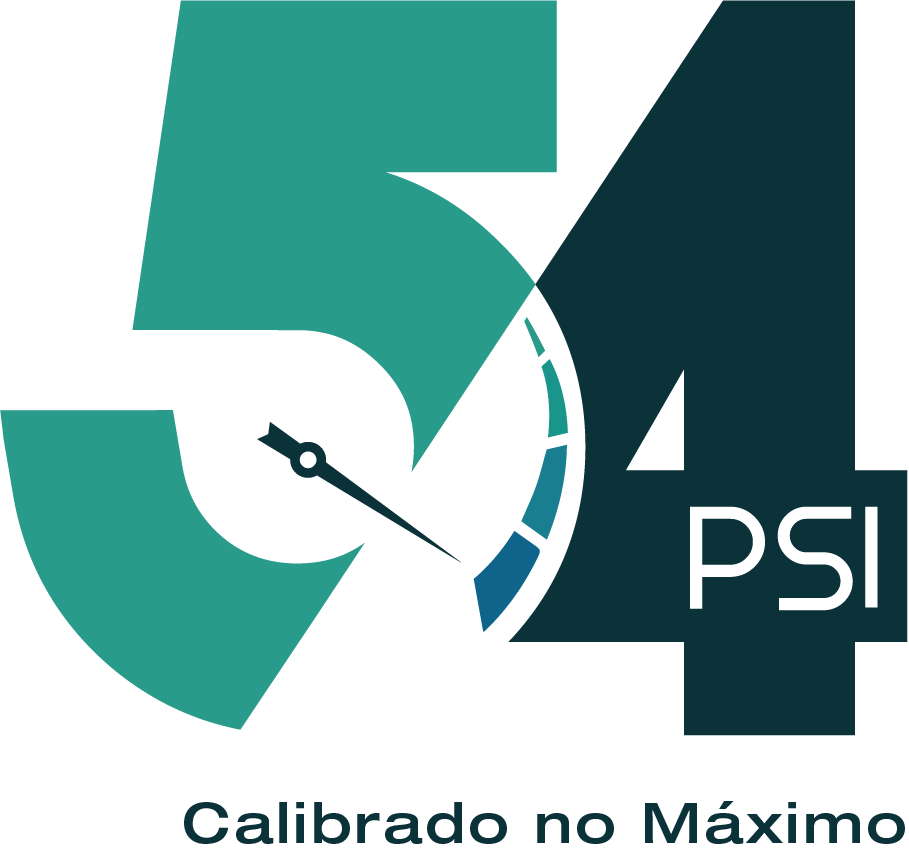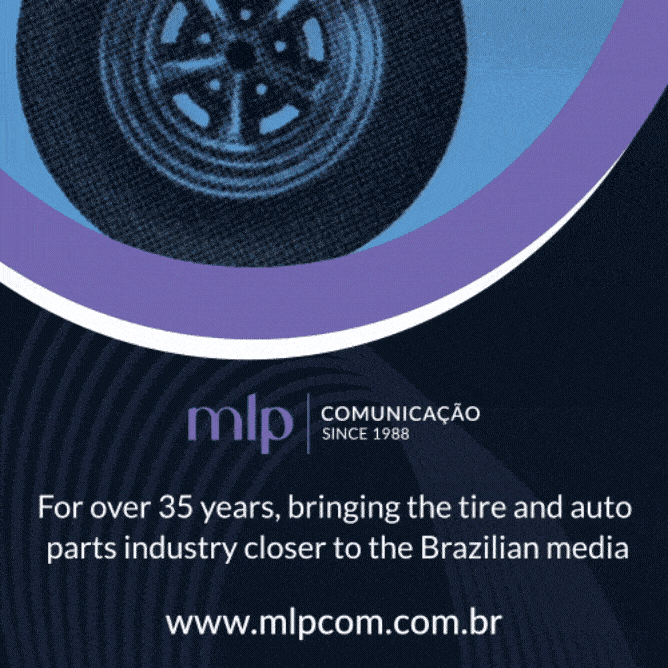The new vehicle generation will have no run-flat tires… and no spare tires as well!
There's no use kicking. There are technical reasons for this decision!
por Redação 54PSI em 21/11/2020 - Atualizado em 21/11/2020
As consequence of the strategy of abolition of the spare tire at same on road tire dimensions, the adoption of tires able to run without air, until then associated with imported luxury vehicles only, are more and more common in entry-level cars. These tires became known as run flat, but each tire manufacturer has a specific name for them: RunOn Flat, Self-Supporting Runflat, Pax System, Zero Pressure or Zero Pressure System.
Yes, run-flat tires are present on main segments in the South American market today. It’s true also that this technology is already obsolete and being discontinued globally. But this doesn’t mean that the all disadvantages over and over discussed in articles, blogs, websites and local specialized magazines – about how much the application of this technology is not appropriate to an underdeveloped country and with continental dimensions like Brazil – have had effect and we will have the good old spare tire back, even if either in its version for temporary use.
What we will see in use on the next generations of city cars are sealant tires, which will allow self-sealing in case of puncture to avoid the air losing and, thus, sustain the tire’s inflation pressure. This mobility extended technology, in general, brings the same benefits than run-flat tires as well as the infamous disadvantage in case of sidewall damages like chip or tear.
Before aiming our cannons at the sealant tires and their application in our market, let’s first to make a technical analysis based on numbers to understand if the spare tire removal is a wrong decision from the automakers. The Consulting Business Solutions asked to the TireHub team a report with the quantity of sidewall damages complains caused by chip and/or tear into the Brazilian market. The mission was quite difficult because the data sources are very limited, and information are not compartmented. As the country has regions with different levels of development in terms of infrastructure, it’s could impact negatively the data analysis as well as the conclusions. But a task given is a mission accomplished!
The Brazilian market for light vehicle tires in 2019 was almost 37 million units, and about 2,000 complaints were recovered from the public sources of consultation, with 35% of these related to chip or tear. Unfortunately, it was not possible to detail the types of damage, nor to divide the claims by region. However, our first conclusion is that there is no tire manufacturer immune to the road hazard conditions in Brazil, because these complaints represent from 26% to 43% of the total complaints that they receive annually.
In a second step, from the tire market of 37 million, we will assume that 3% are run-flat tires and let’s to increase the number of claims for impacts and damages by 10, maintaining the same damage rate of 35%. With that, we will have the amount of 600 annual cases. Even applying the assumed volume of run-flat tires (3%) at the current fleet of almost 70 million cars, we would have only 0.002% of issues!
From the technical point-of-view, we must highlight the following points:
- The spare assembly adds, on average, 20 kg of weight to the vehicle;
- The spare tire should be changed regardless its use after a while for safety reasons, generating additional costs to the consumers and an environmental liability as well;
- Consumers demand for space in the trunk and they complain about having to empty it to access the spare assembly;
- The spare assembly installed outside the trunk or below the car is reason for theft, resulting in additional costs to consumers;
- We estimate that in more than 50% of the occurrences the driver will not be able to install the spare assembly because: the spare tire is not properly inflated, the driver does not understand how to use the available tools, the driver has no sufficient strength to remove the punctured assembly, the available tools are inadequate to the vehicle/situation, etc.
Based on that, we can conclude that, for most Brazilian passenger cars, the removal of the spare tire is the correct decision, from both economic and ecological perspectives as well as from the technical side and the consumer point of view also.
Rather than shouting against an irreversible global trend and putting pressure on the government to change the current legislation forcing the maintenance of spare tires, we must demand that the resources collected as duties and taxes being properly allocated in order to promoting the necessary investments to build the infrastructure to develop all country as well as to guarantee the proper maintenance of our roads. Only then we will have compatible conditions with the automotive technology necessary to achieve the efficiency level that are being imposed for the new vehicles today.
And if you still insisting on the idea that to remove the spare tire must be prohibited by law, be ready: from 2030, there will be no more vehicles powered by internal combustion engines in Europe. Should Brazil be against the use of vehicles powered by hybrid, electric or hydrogen also only because we do not have the necessary infrastructure to support these technologies that are pillars for the mobility of the future?
Carlos Barcha is a tire specialist with 20 years of experience in the automotive sector, founder and CEO of The Consulting Business Solutions and Technical Manager for Michelin South America. Opinions and information expressed here are personal and do not necessarily reflect the positioning of these companies.









